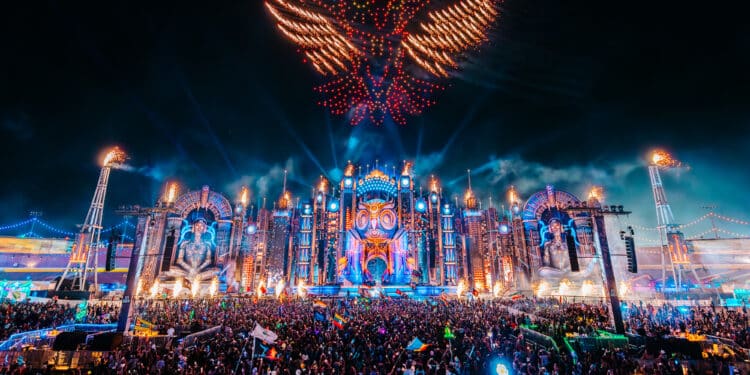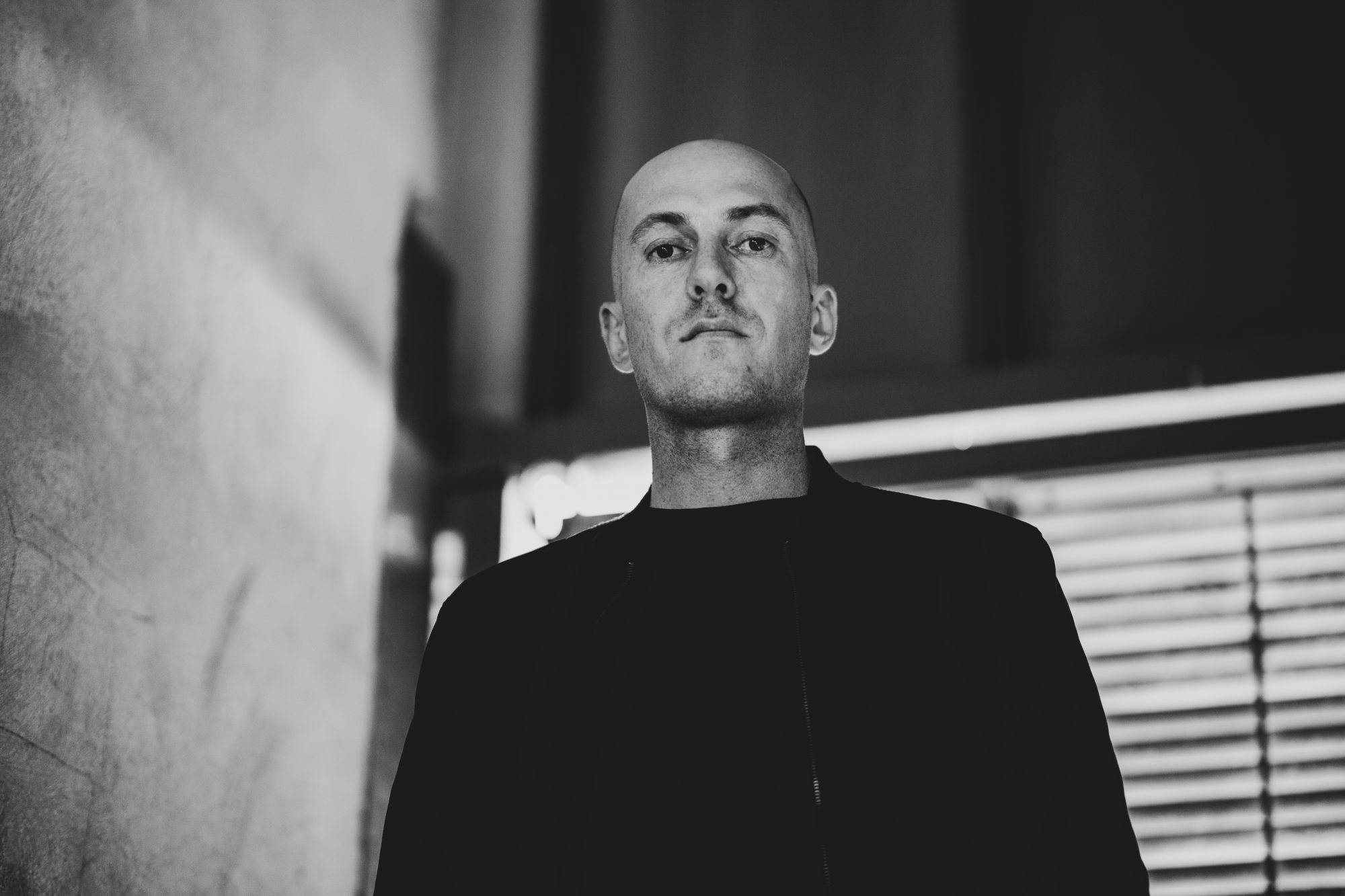Insomniac Events has filed a complaint against Seattle-based USC Events after the promoter failed to pay vendors and artists after Paradiso 2019.
Update January 31, 4:30pm PST: USC Events Founder and CEO Chad Anderson has responded to our request for comment regarding the complaint filed by Insomniac with the following statement:
”USC Events finds these recent allegations disheartening and disagrees with this lawsuit. We are disappointed that Insomniac would decide to strain our long-tenured relationship with this litigation, over an event that USC has created from inception. To our community, thank you for your continued support as we work through this. Due to the legal nature of the situation, we are unable to comment further at this time. We will be filing a legal response.” – Chad Anderson, Founder & CEO, USC Events
Previously: Last year, the dance music community in the Pacific Northwest was buzzing as Seattle-based promoter USC Events was met with another controversy. Already facing their share of issues over the years that included an undercover investigation of Foundation Nightclub that resulted in the club’s liquor license revoked, a flood of disgruntled contractors and vendors took to social media and made claims that they had never been paid.
Soon after these allegations surfaced, EDM.com took a deeper look at USC Events and exposed a recurring pattern of non-payment exhibited over the years that affected everyone from performers and vendors to the Conscious Crew and Team Green. Now, Insomniac Events, who was partnered with the company to co-promote their annual festival Paradiso, has filed a complaint against them following a breach of contract.
Officially filed on January 28, the complaint from Insomniac Events (Insomniac Holdings, LLC) alleges that USC Events (Conscious Entertainment Group, LLC) and their Founder/CEO Chad Anderson fraudulently misused funds which couldn’t be accounted for, leading to the termination of their agreement. This also means that Insomniac will not renew its agreement for 2020 and that USC Events is not permitted to promote Paradiso Festival or use its name or trademark.
In 2013, the two parties entered an official co-promotion agreement that allowed Paradiso to be held at The Gorge.
Notably, USC Events was to handle “artist relations and talent management; audio, lighting, and visual production; merchandise vending; attractions; and all other entertainment-related elements of the event.” After the agreement auto-renewed in 2019, both parties began planning the event with USC Events submitting four advance funding requests that totaled to over $2 million to pay for talent and production costs. In the lead up to the festival that year, all advance requests were fulfilled by Insomniac.
According to the suit, Insomniac learned after Paradiso concluded that the advance request funds had not been properly used by Chad Anderson and USC Events to pay vendors.
This forced Insomniac to cover the remaining costs of the event, including $215,055 to Paradigm, while also being contacted by other vendors about non-payment. This led to a letter sent by Insomniac on September 11 demanding they cure their breach of contract in ten days.
On September 21, Insomniac sent a termination notice after the breach had not been cured.
Over the next few months, discussions continued to occur between both parties and a settlement was negotiated on December 20 for USC Events to pay the remaining $200,000 before January 18, 2020. As of that day, confirmations of payment were never sent and vendors confirmed they were yet to be paid.
Despite the termination being enacted, USC Events continued to promote Paradiso through their social media accounts in the first weeks of 2020 as if the agreement was still in place. This included a teaser video and posts to build excitement for the festival and showed that USC Events believes the agreement to still be valid.
Additionally, Insomniac has made it clear that they wish to promote an event at The Gorge this summer without USC Events’ involvement. They’re seeking judicial confirmation that they are no longer bound by a non-compete obligation that was previously found in the agreement.
Our requests for comment from both parties have not been met at the time of publishing. We’ll update this post with news of this story as it develops.








